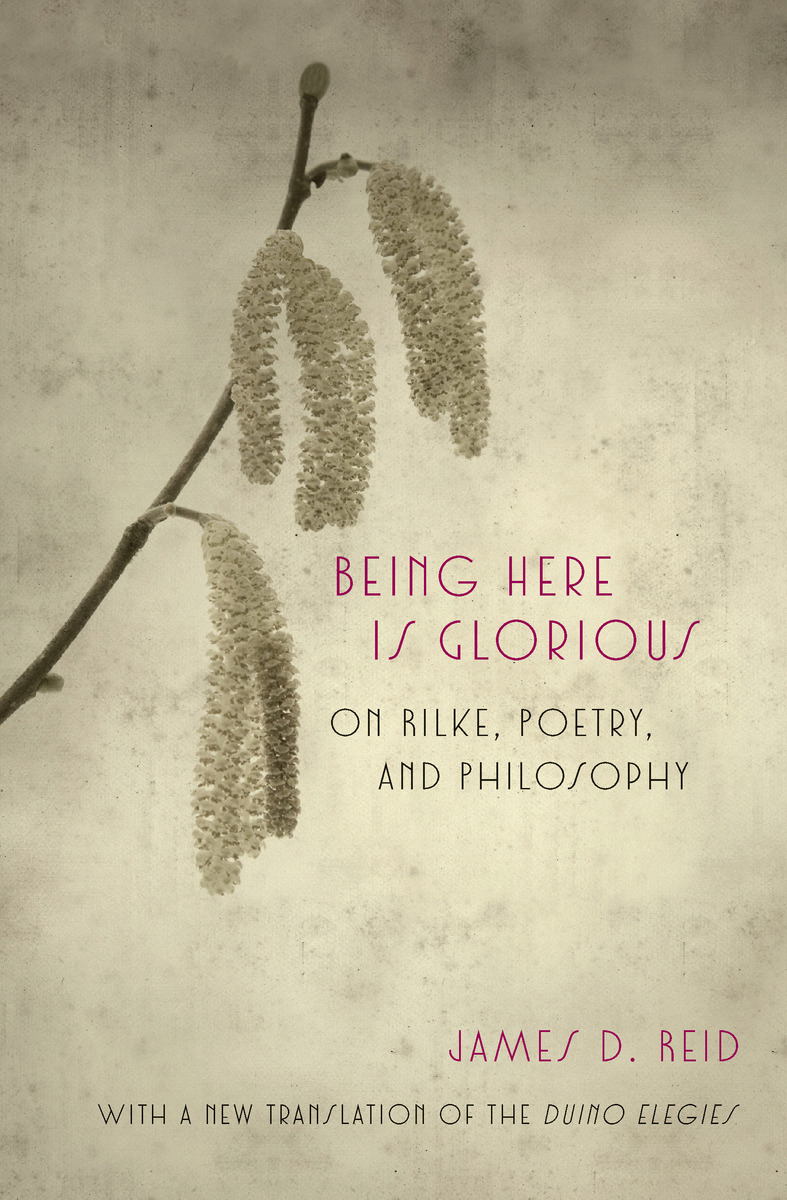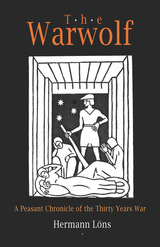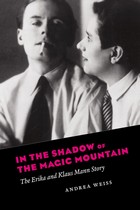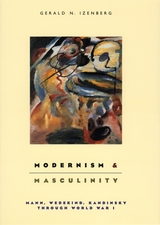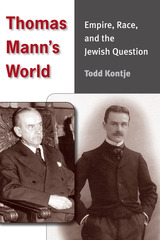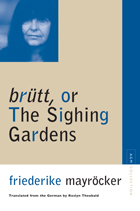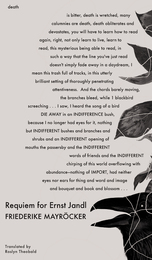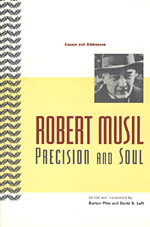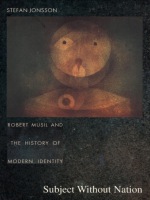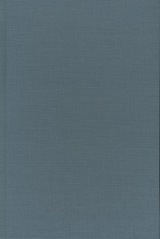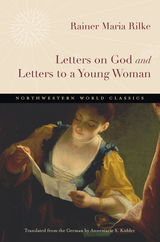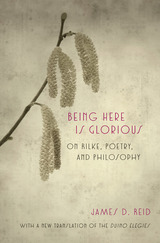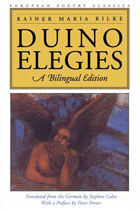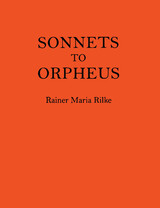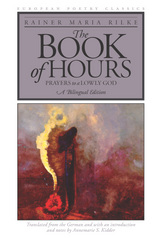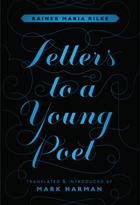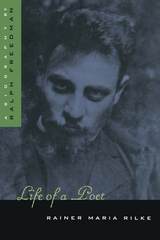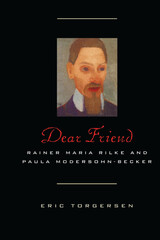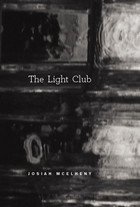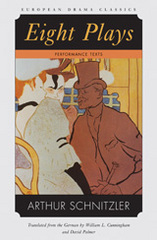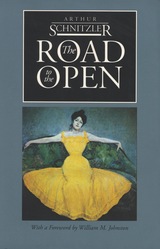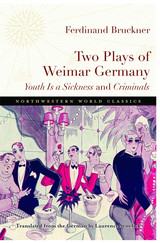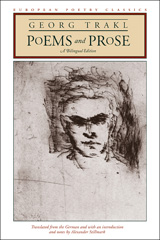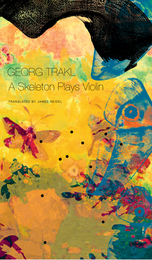Cloth: 978-0-8101-3134-7 | Paper: 978-0-8101-3135-4
Library of Congress Classification PT2635.I65D8135 2015
Dewey Decimal Classification 831.912
With a new translation of the Duino Elegies
“Who, if I cried out, would hear me among the angels’/orders?” Rainer Maria Rilke’s Duino Elegies opens with one of the most powerful poetic expressions of the search for meaning in the modern world. Published in 1923, the Elegies would influence important philosophers on the Continent, including Heidegger. But with a few exceptions, Rilke’s poetry has not had an impact on philosophy in the Anglo-American world. In Being Here Is Glorious, James D. Reid offers a fresh translation of the Elegies, which hews to the form of the original and provides his own meditation on the place of poetry in philosophy. Reid makes a convincing case that poetry and philosophy can address the problem of finding things significant and worth affirming in light of various reasons to doubt the value of the world in which we find ourselves cast.
See other books on: 1875-1926 | Criticism and interpretation | Philosophy in literature | Rilke | Rilke, Rainer Maria
See other titles from Northwestern University Press
